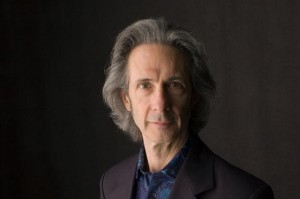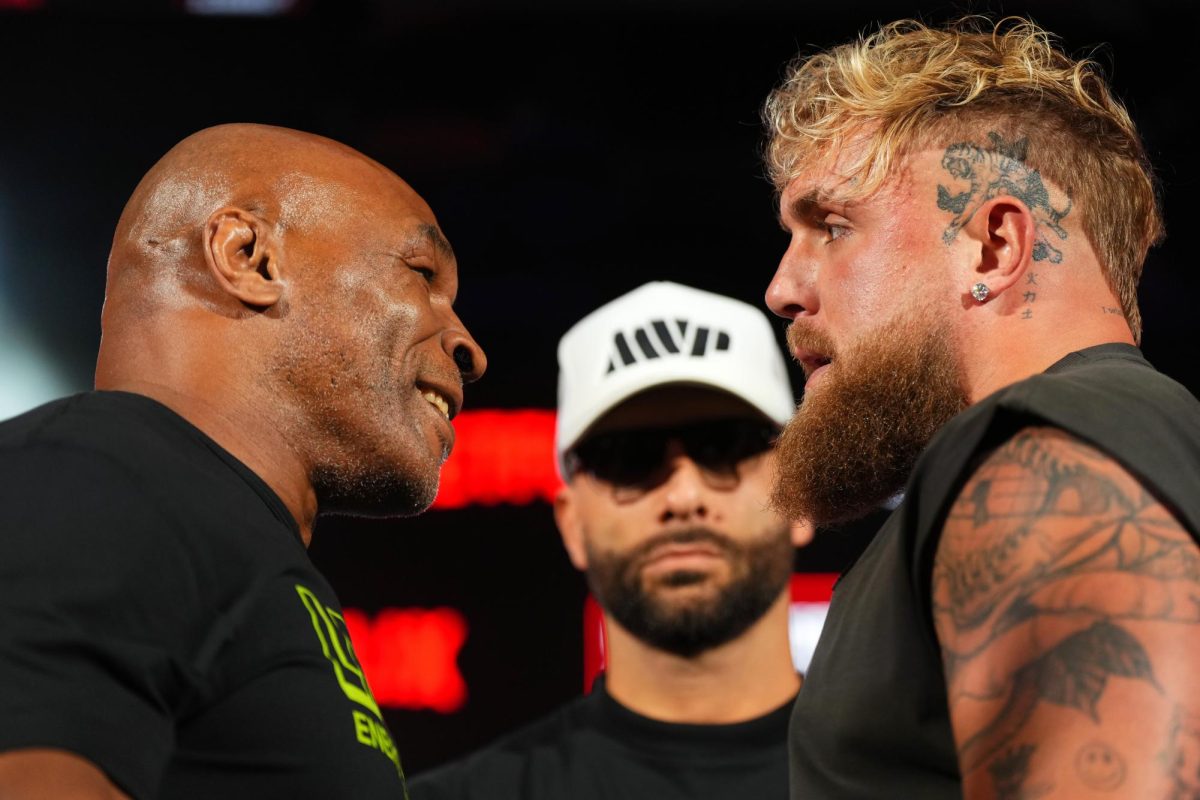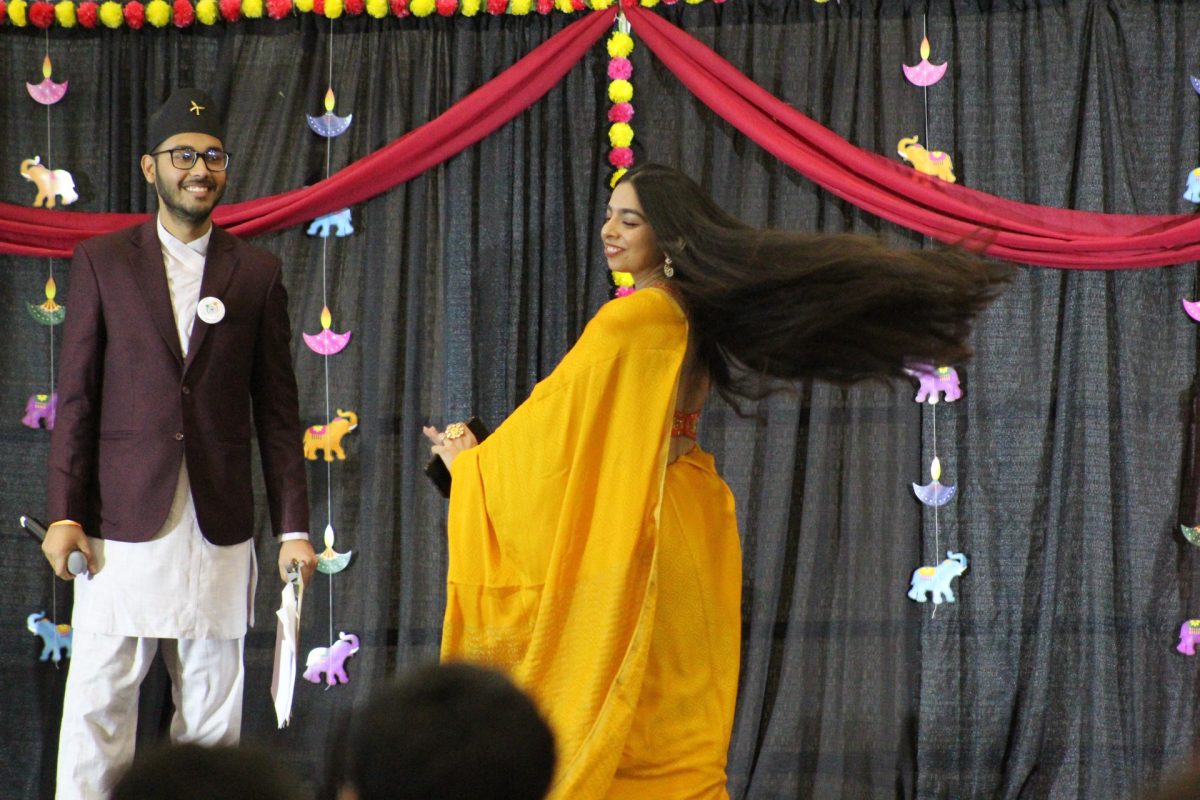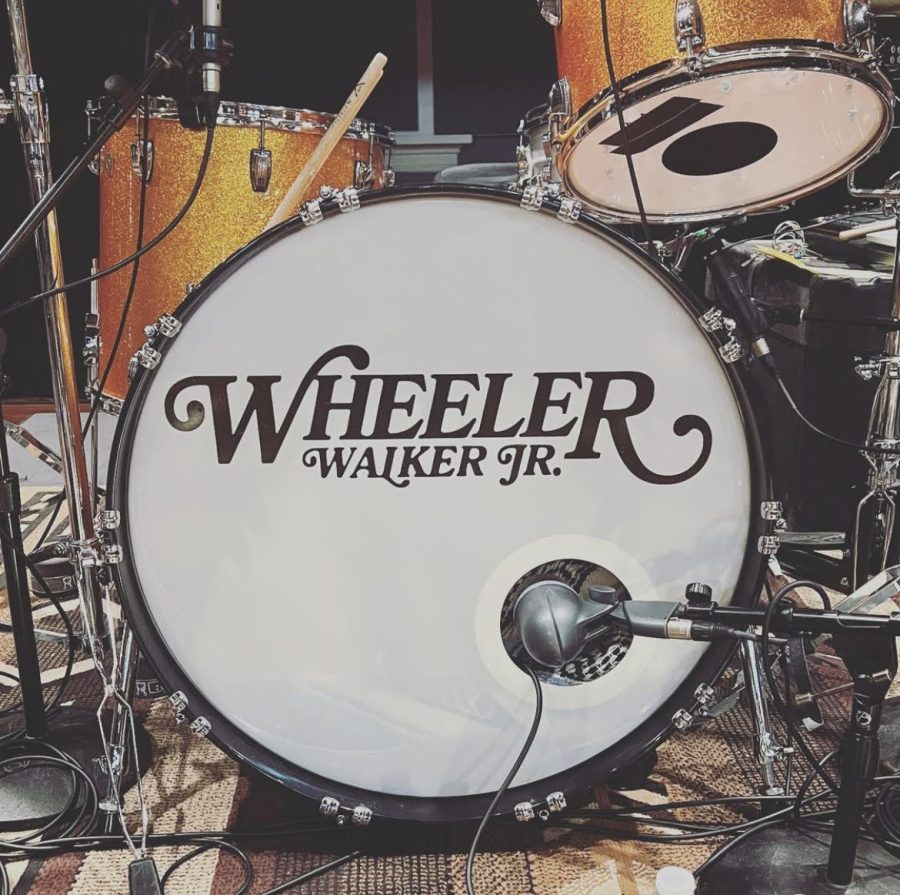Lenny Kaye’s Positive and Optimistic Outlook for the Future of Music
I write about music all the time. Whether it is an article for the paper, a post for my blog, or a Facebook status pointing out an awesome new song, I feel the constant need to share my opinion on the music happening around us today. That is why it was enlightening for me to attend the lecture hosted by Murray Krugman of The University of New Haven music department, featuring Lenny Kaye.

Kaye has worked as a musician alongside the great Patti Smith, a songwriter, a record producer, and a music journalist.
“I’ve never been told to have a certain opinion for an album review,” he said in response to a question asked during his round table discussion this past Monday in the Seton Art Gallery on campus. “I just try to be positive. There is always a secret to an album, you just have to figure it out. I used to pin point certain songs I liked and just focus on them, because out of 12 songs an album, there’s bound to be one you can relate to. I soon realized though that it’s not about the song, it’s about the atmosphere of the album, just like it’s not about a tree, but the forest.”
As someone who is constantly trying to be positive in my album and show reviews, I know how hard it can be to focus an entire piece around a key song; however, I have never really thought about the atmosphere.
“There are certain artists today that are Jello artists,” he said. “There are those generic, just-add-water artists who simply perform into a mold. Then there are artists like Patti.”
Kaye had nothing but great things to say about his good friend and band mate, Smith. He described her as a strong-minded woman who would hold her ground in the toughest of situations, always fighting first for creative freedom when it came to making deals with record labels.
Smith grew up down the street from me in my hometown in South Jersey. Therefore, when he spoke of forming his strong with her over doo-wop music based on where she was from, I could really relate. Growing up right outside of Philadelphia, you are constantly influenced by Philly Soul, be it Hall & Oates or The Stylistics. I had always seen this as a disadvantage for my own career, as if I was born in the wrong decade. That is, until I heard Kaye’s perspective.
“You have to look at artists like Suzanne Vega or Lorde,” he suggested. “When Suzanne was coming about in the 80s she was surrounded by larger-than-life acts, the same as Lorde coming about with the likes of Katy Perry or Pink. This is a time where the audience is in need of a change, even if they don’t know it yet, and when they hear that unique difference from the musical norm at the time, they will push that artist and help them elevate to new heights. I think that’s how Suzanne went platinum.”
It was hard to sit through Kaye’s speech and not feel inspired. He had such a positive, almost spiritual, outlook on music and it’s evolution. This makes him, as he self-proclaimed, a musical historian. He is the co-author of Waylon, The Life Story of Waylon Jennings and is currently working on an album for Waylon’s wife, Jessi Colter. Kaye proved himself in just a few hours, to be a jack-of-all-trades.
Most artists from his generation express the feeling of fear when they look at the music industry today and what it’s become, but Kaye was optimistic. “You all grew up with computers,” he said. “That’s so cool. You have such an advantage and a myriad of technical skills. It will be amazing to see what you all do in the industry and how music evolves in the next fifteen years. I can go down to my basement today and make an album. That is so strange to me, but you virtually have everything at your fingertips. I’m taking a trip to Boston today for a meeting on Colter’s album, and I don’t have to carry ten reels of tape with me to play the tracks. It’s strange, but it’s great.”
Kaye contiuned to say, “I think Rock N’ Roll has ended and I’ll tell you why. Everything that can be done as far as rock music has been done. Now we’re at this new place where bands like The Black Keys are forming. Years ago it would have never been possible for a band to form with only two members unless they were folk with guitars and their voices. It’s exciting for me to see this change.”
It was clear that after
Kaye’s chat with UNH students, they all left feeling positive about their futures and the future of music. This is a man who was born in 1946, and has experienced over four decades of music changes and challenges. I think if there is any opinion I’m going to trust on the forthcoming music industry, it’s Kaye’s. With his Encyclopedia-like knowledge on the decades of music he has lived through, his empathetic personality, and portfolio of music industry involvement, Kaye is a force to be reckoned with.
“You have to look at music like writing about it would confine it. If everything you heard could be described in words, you wouldn’t have music. Chopin’s ‘Nocturne in E-flat Major’ is just a hit single of the 1800’s,” said Kaye.










